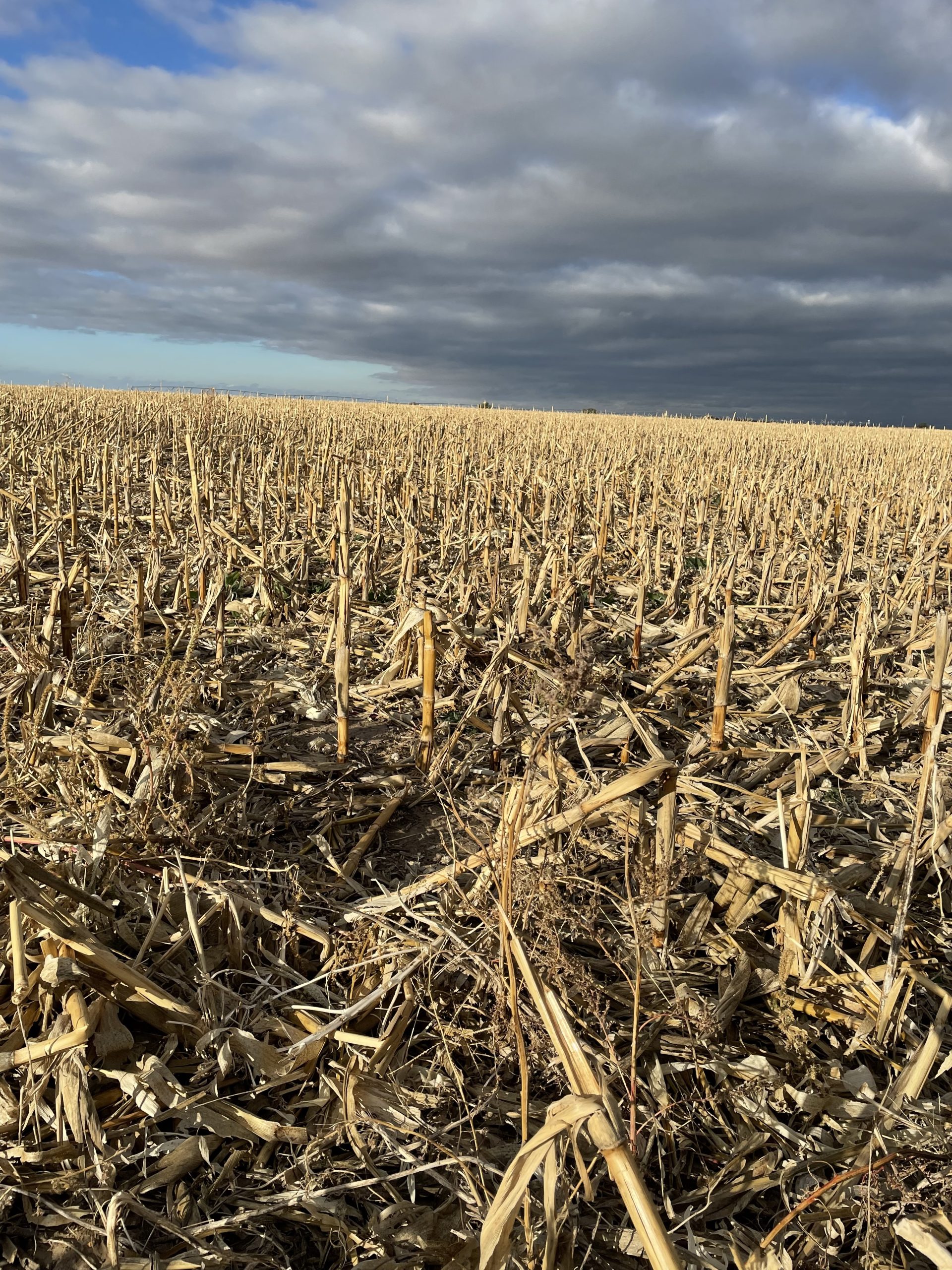Farm bill stakes could move upward

With a United States Speaker of the House in place, observers are hopeful a 2023 farm bill will get back on track—even if it is in early 2024.
Several rural Republican lawmakers say with Mike Johnson now as speaker optimism has returned. The honeymoon will likely be a short one as the script for rough and tumble politics is in place—avoiding a government shutdown, federal debt, war in the Middle East, protecting the southern border and aid to Ukraine.
The agriculture committees in the House and Senate work in bipartisan matters with members respectful toward each other and avoid disagreements to avoid bogging down legislation that feeds a hungry world.

Food security has been the staple of farm bills over many years. Crop insurance is a core principle and lawmakers on both sides have pledged to support it. Also, the agricultural committees oversee the Supplemental Nutrition Assistance Program where much of the agricultural budget goes to help people in need.
The new House speaker comes from a part of Louisiana where agriculture is important to his constituents and rural communities. Corn, cotton, rice, soybean and sugarcane are fixtures in the state’s agricultural portfolio. Louisianans have been impacted by severe drought conditions, according to the most recent U.S. Drought Monitor. Johnson, with his residence in Shreveport, is in the heart of cattle production in western and northern Louisiana.
Many people inside and outside the beltway expect the existing 2018 farm bill to be extended in the short term.
In this week’s edition and online at hpj.com, readers will find stories that they can relate to as it pertains to the plight of rural constituents. Field Editor Kylene Scott has two articles that touch on issues that press many. Her cover story highlights the Hilmar Cheese plant now under construction that will open new opportunities for dairy producers and help southwest Kansas communities. Dairy programs and crop insurance have an impact on milk and cheese prices. Another story is on rural health care, most notably on mandates nursing homes could face regarding staffing requirements. The story is a reminder of why Congress is important to serve as a check and balance to a president’s action.
Also this week has stories from Field Editor Lacey Vilhauer about an innovative meat processing program being undertaken by Hartshorne FFA students. Meat inspections are under the auspices of the U.S. Department of Agriculture, which is also overseen by Congress. She has another story about Brent Bean who notes the concern about future Environmental Protection Agency regulations that could pertain to Atrazine, a weed killer used in sorghum production. Representatives and senators understand the impact regulations have when producers are planning to grow food. David Murray also has a story about the latest in the Bayer Roundup lawsuits.
While federal regulators have said that glyphosate is safe for farm crops, Bayer is removing the weed killer from lawn and garden stores.
The farm bill, which will cover five years, is not open-ended but is one of the most important measures Congress has to act on. If Johnson can help push a farm bill through it could build goodwill for many other priorities.
Dave Bergmeier can be reached at 620-227-1822 or [email protected].
